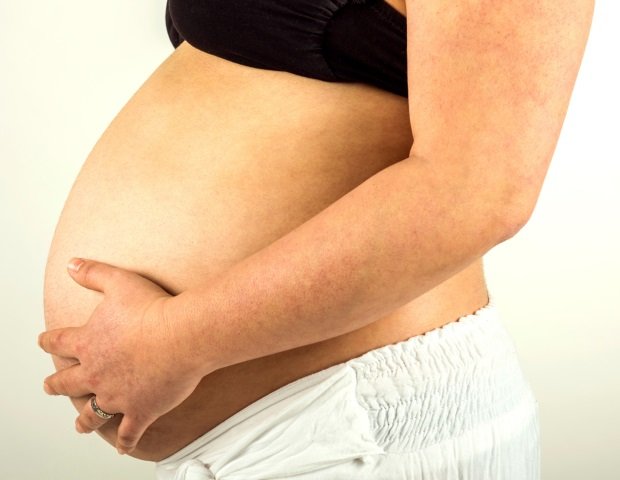Blog
Analysis reveals mechanistic hyperlink between amino acid transport and frequent fetal ailments
Frequent being pregnant issues that have an effect on fetal dimension could also be triggered by irregularities within the transport of amino acids throughout the placenta – a discovery with therapeutic implications. Intrauterine progress restriction (IUGR) and fetal overgrowth have an effect on 15-20% of all pregnancies worldwide.
Irregular fetal progress is intently linked to the growth of weight problems, diabetes, and heart problems later in life. Placental transport of important amino acids is lowered in human IUGR and elevated in fetal overgrowth, however whether or not this was a trigger or a consequence was unclear. Fredrick Rosario-Joseph and colleagues enjoy developed a line of mice wherein the trophoblast – the most important cell kind within the placenta chargeable for transporting vitamins to the fetus – overexpresses a gene often called massive impartial amino acid transporter small subunit 1, or Slc7a5, which encodes proteins that transport important amino acids throughout the placenta.
The authors hypothesized that overexpression of Slc7a5 would improve fetal progress, demonstrating a direct mechanistic hyperlink between amino acid transport and these frequent fetal problems. Certainly, mice bred to overexpress Slc7a5 had a median 10% bigger placenta and a median 27% bigger fetuses than management mice. In line with the authors, the findings may serve develop therapies that can’t solely stop or deal with being pregnant issues, but additionally enhance the well being of the following technology throughout the lifespan.
Supply:
Journal reference:
Rosario, FJ, . (2024). Trophoblast-specific overexpression of LAT1 will increase transplacental transport of important amino acids and fetal progress in mice. . doi.org/10.1093/pnasnexus/pgae207.

